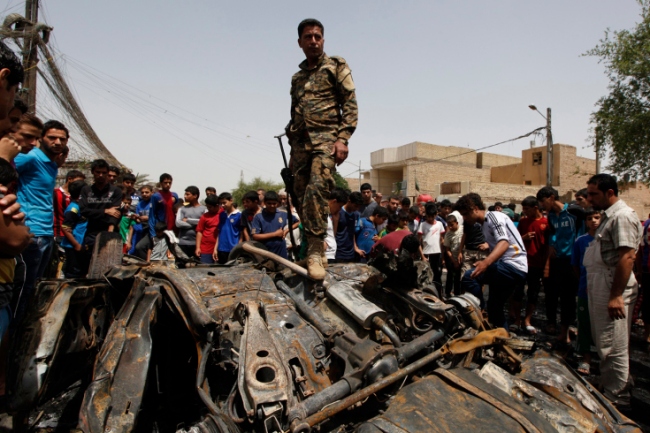A good overview of the issue of Syrian refugees in Jordan, with the beginnings of practical advice that won’t leave Jordan mired in a perpetual economic, health, and education crisis:
Jordan must harness the talents of its new, albeit temporary, residents: changing work permits to allow more Syrians to find legal employment, encouraging Syrian refugees to start businesses that hire locals, and allowing international agencies to put Syrians to work on refugee-related projects. These measures may provoke opposition from some Jordanians […] But Jordan derives significant benefits from the Syrians’ presence, including billions in aid earmarked for solutions to domestic issues that predate the refugee crisis. Integrating Syrians into the local market could help energize the moribund economy, and help shore up the refugees’ self-sufficiency and sense of purpose, preparing them for their return home when the conflict is over.
The suggestion to approve Jordan’s latest aid package request, however, would have to be carefully monitored. It could certainly help if applied well to the above initiatives, but too easily will perpetuate the subsidy and patronage system that weakened Jordan even before this latest influx of refugees.
Original article by Marisa L. Porges in the New York Times: http://www.nytimes.com/2014/03/18/opinion/jordans-urban-refugees.html











